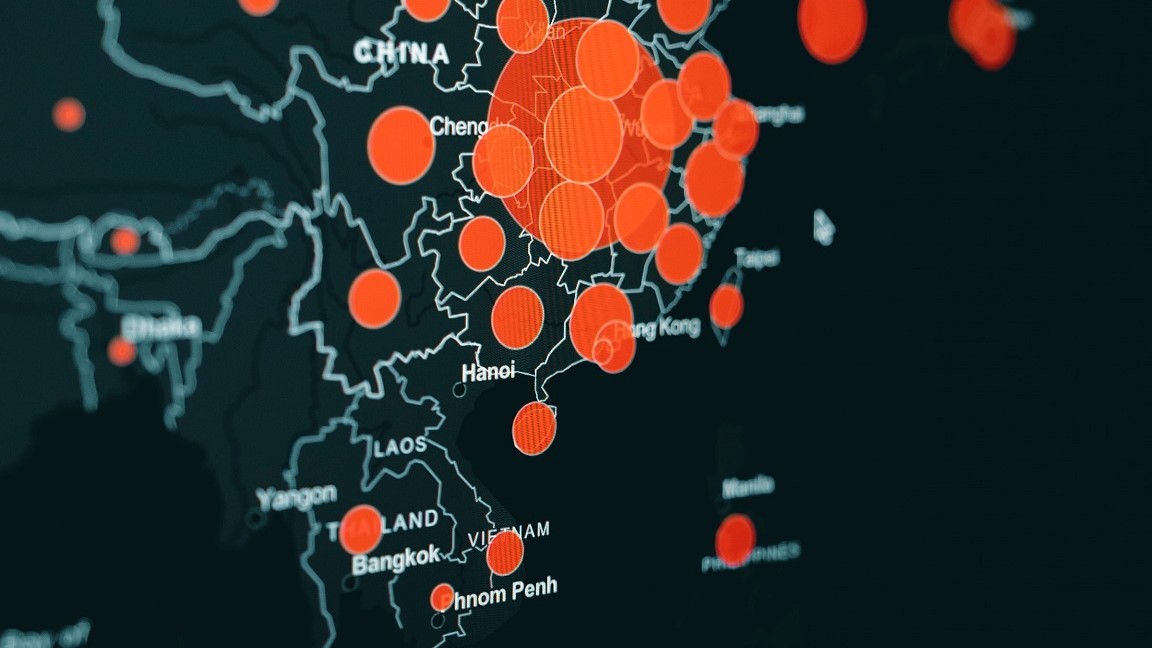The following content will be explored during this microcredential:
Module 1 – Business sustainability in dynamic systems
This module will give you an overview of contemporary sustainability drivers that are influencing and shaping the dynamic system. These frameworks set a business agenda for sustainable enterprise in dynamic systems. Sustainability draws on diverse disciplinary backgrounds across the sciences and social sciences. Key concepts will be introduced from other disciplines, including: planetary boundaries, resilience and carrying capacity. These are important as they define the dynamic system's conditions within which business operates. You will draw on these frameworks to begin analysing the positioning of an organisation for your assessment task. During the first class, we will use various different systems mapping techniques and apply them to your selected focal organisation. Topics covered in this module include:
- Overview of sustainability
- Three models of business & sustainability
- A new paradigm
- Integrating social, ecological, and economic systems
- Global frameworks
- Sustainable value creation
- The multi-level perspective framework.
Module 2 – Sustainable business models
The second module will provide you with an opportunity to analyse business activities and evaluate sustainability performance. The online materials introduce sustainable business models and the various different approaches adopted by businesses. The phase model is introduced as a heuristic device and during the class we will apply this to the analysis of your focal organisation. Application of the model allows you to diagnose opportunities for sustainable business development and transformative innovation. Topics covered in this module include:
- The logic and framework for sustainable business
- Compliance and strategy.
Module 3 – Sustainable business design in systems
During this module you have the opportunity to consider new sustainable business models. The online module guides you through various new business models and techniques to achieve sustainable-oriented innovation within business models and operations. You will be challenged to consider the pros and cons of incremental versus radical change. You will apply the concepts in this online module in relation to your focal organisation. Topics covered in this module include:
- Sustainable business models
- Example models, including (a) circular economy and (b) service design.
Important information: Participants will receive access to all learning materials in the three weeks before the official course start date. During this time, participants are strongly encouraged to commence working through the course materials in preparation for the first supported learning session, marking the official course start date.
Course delivery
This course is delivered online using a range of resources, self-directed study and four, live interactive sessions with the academic. Course content will be presented to participants in a variety of formats (lecture slides, notes, videos, articles) and delivered online via our UTS Open Canvas learning management platform. Lectures are delivered in a way that encourages dialogue, to maximise critical engagement with the foundation concepts.
At the beginning of each unit, participants are expected to review materials and complete tasks on their own before attending a weekly online review session with the lecturer across four weeks of supported learning. Participants will undertake collaborative learning through engagement in-class with systems mapping activities, case studies, stakeholder analysis and presentations.















